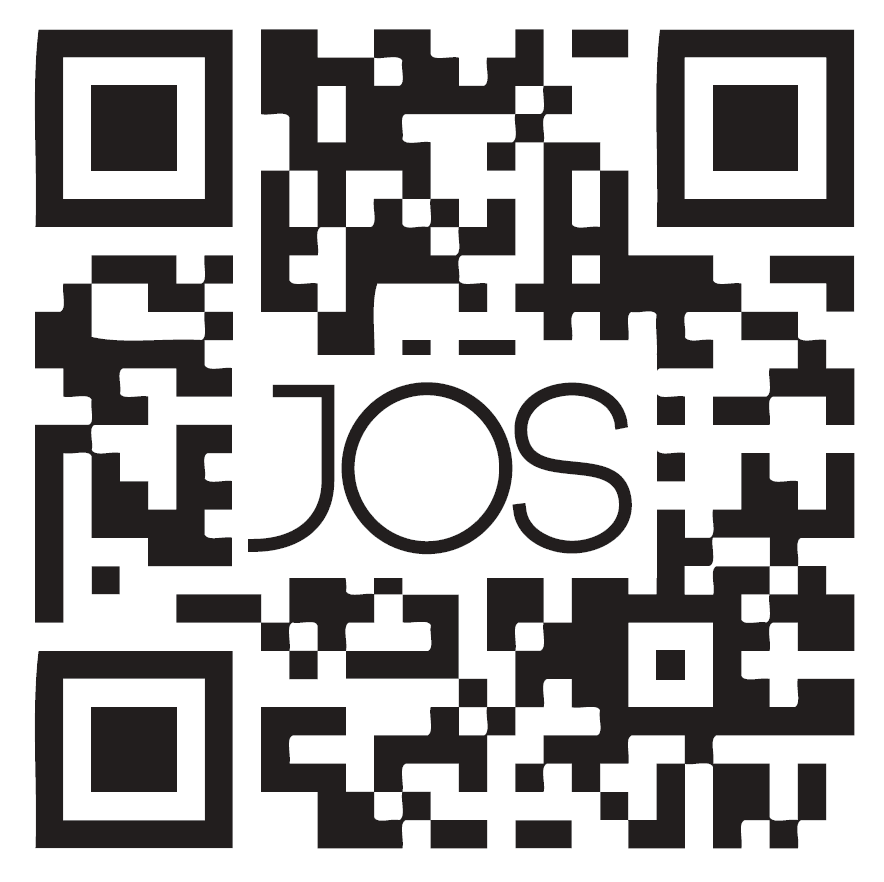General information
The Journal of Semiconductors operates under a single-blind peer review process. This means that the reviewers remain anonymous to the Authors throughout the consideration process.
The review process
Pre-screening stage
Upon receiving a new manuscript, the Editorial office conducts initial pre-screening checks to ensure the article is legible, complete, correctly formatted, original, within the scope of the journal in question, and in the style of a scientific article. Any article that has problems with any of the above criteria may be rejected at this stage.
Those that pass then proceed to an assessment by an Associate Editor, who determines whether the work merits in-depth peer review. Manuscripts deemed insufficiently novel or outside the journal's priorities may also be rejected at this point.
Peer-reviewing stage
Articles passing successfully through the pre-screening stage then begin formal peer review, which is managed by an Editor from the journal's Editorial Board.
Articles submitted are generally sent to two independent reviewers who are asked to report on the quality, novelty, scientific rigour, significance to the field and presentation. Reviewer selection is critical to the review process, and we work hard to ensure that the different technical and conceptual aspects of the work are covered. Authors may suggest reviewers; these suggestions are often helpful, although they are not always followed.
The Associate Editor will make the final decision based on the Editor's recommendations and the reviewers' advices, from among several possibilities:
> Accept [Has high suitability, general interest, and quality]
This decision indicates that no substantive edit is required prior to publication.
> Minor Revisions [Has high suitability and general interest; only small changes are needed to improve the quality]
This decision indicates that a minimal level of revision is required in order for the manuscript to be further considered for publication in Journal of Semiconductors.
Minor revisions should generally not need significant modification, and changes should not require additional experimentation.
> Major Revisions [Quality should be improved, but has high suitability and general interest]
This decision indicates that significant revision is required in order for the manuscript to be further considered for publication in Journal of Semiconductors.
Major revisions may require additional experimentation or calculation(s) to substantiate the results or require significant editing to clearly communicate the findings.
> Reject [Lacks suitability, general interest, and/or quality]
This decision indicates that the manuscript is not appropriate for publication as it does not fit the scope of the journal, does not meet the scientific criteria for publication, has significant flaws in the data and associated findings, or does not merit publication for other reasons articulated by the reviewer.
Reviewers are welcome to recommend a particular course of action, but they should bear in mind that the other reviewers of a particular paper may have different technical expertise and/or views, and the Associate Editor may have to make a decision based on conflicting advice.
The Associate Editor and the Editor may return to the reviewers for further advice, particularly in cases where they disagree with each other, or where the authors believe they have been misunderstood on points of fact. We therefore ask that reviewers should be willing to provide follow-up advice as requested. We are very aware, however, that reviewers are usually reluctant to be drawn into prolonged disputes, so we try to keep consultation to the minimum we judge necessary to provide a fair hearing for the authors.
When reviewers agree to assess a paper, we consider this a commitment to review subsequent revisions. However, Associate Editors will not send a resubmitted paper back to the reviewers if it seems that the authors have not made a serious attempt to address the criticisms.
We take reviewers' criticisms seriously; in particular, we are very reluctant to disregard technical criticisms. In cases where one reviewer alone opposes publication, we may consult the other reviewers as to whether they are applying an unduly critical standard. We occasionally bring in additional reviewers to resolve disputes, but we prefer to avoid doing so unless there is a specific issue, for example a specialist technical point, on which we feel a need for further advice.
Selecting peer-reviewers
Reviewer selection is critical to the publication process, and we base our choice on many factors, including expertise, reputation, specific recommendations and our own previous experience of a reviewer's characteristics. For instance, we select reviewers who are quick, careful and provide reasoning for their views, whether robustly critical or forgiving.
We check with potential reviewers before sending them manuscripts to review. Reviewers should bear in mind that these messages contain confidential information, which should be treated as such.
The Journal of Semiconductors strives for diverse demographic representation of peer reviewers. Authors are strongly encouraged to consider geographical regions, gender identities, racial/ethnic groups, and other groups when providing suggestions for peer reviewers.











